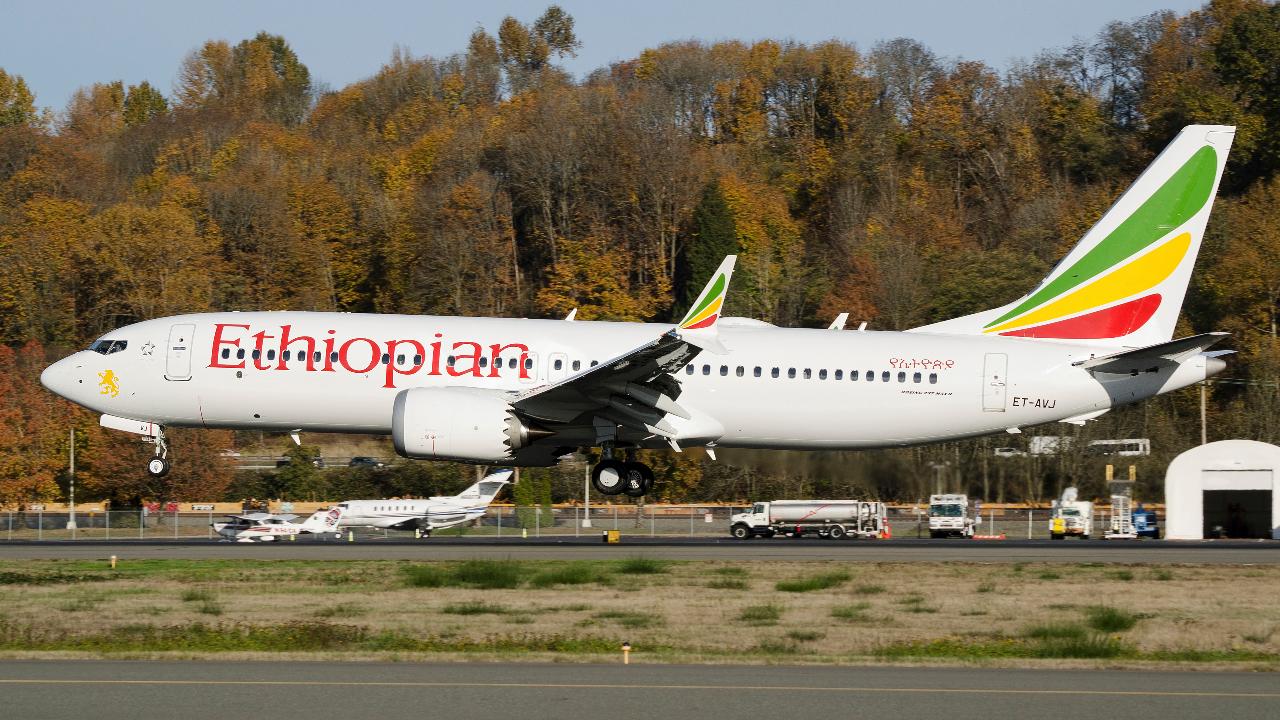Boeing 737 Max 8 tragedies: There's no excuse for a boilerplate apology
Earlier this week, Ethiopian Airlines Flight 302 crashed shortly after taking off, killing all 157 passengers and crew aboard the plane. The aircraft was a Boeing 737 Max 8—the same newer model that had crashed during a commercial flight from Indonesia just five months earlier.
On Wednesday, President Trump ordered a ground stop of all Boeing 737 Max jets in the U.S., joining a slew of other nations in banning the aircraft while the exact cause of the crash remains under investigation. This is a real, human tragedy. There is no doubt Boeing’s employees are just as heartbroken and anxious to find out what happened as everyone else. They’re people, too.
However, Boeing’s public response falls into a trap we see all too often when companies respond to tragedies like this. Instead of allowing that human concern and emotion to come through, the company issued a textbook example of corporate boilerplate.
"Boeing is deeply saddened to learn of the passing of the passengers and crew on Ethiopian Airlines Flight 302, a 737 MAX 8 airplane. We extend our heartfelt sympathies to the families and loved ones of the passengers and crew on board and stand ready to support the Ethiopian Airlines team. A Boeing technical team will be travelling to the crash site to provide technical assistance under the direction of the Ethiopia Accident Investigation Bureau and U.S. National Transportation Safety Board,” the company wrote in a press release posted on its website.
To be clear, this isn’t easy. There are many reasons companies don’t get these statements right – legal concerns, corporate politics and a sincere desire to understand the facts, to name a few. But none of that should serve as an excuse. Boeing may be doing everything possible to understand and fix the problems they’ve discovered, but if their public statements show no emotion or urgency, criticism will only increase.
| Ticker | Security | Last | Change | Change % |
|---|---|---|---|---|
| BA | THE BOEING CO. | 244.74 | +1.76 | +0.72% |
How could Boeing have done better? We noticed three things that could have helped the company answer the critics and show how seriously they are taking this tragedy.
Don’t be afraid to show emotion.
A plane crash is not another PR blunder. It’s real lives lost and real fear for millions more people around the world. Despite data showing that air travel is safer than ever before, seeing two 737 crashes in less than six months is rightfully concerning to people, and Boeing must find a way to acknowledge that in its statement.
Human empathy is crucial.
There is no doubt that everyone at Boeing feels deeply for the victims of this crash—as we all do. Not only does this feel like boilerplate apology language—it IS boilerplate apology language. Because it matches up almost word-for-word with the company’s response to the 737 crash that was issued last November. With an event like this, you have to go further and show some real human empathy.
Actions must take center stage.
In all likelihood, this is top priority for everyone at Boeing today. There is no doubt in our minds that they are desperate to figure out what happened, whether it could happen again, and how they can work to prevent it.
At the same time, the company is rightly cautious about jumping to conclusions or taking responsibility for a crash before they know all the facts. But just because you don’t have answers yet doesn’t mean you can’t show people you’re taking action.
They need to be throwing open the doors and showing the urgency and the energy they’re putting towards this. Until they do that, no one is really going to believe they care.
CLICK HERE TO GET THE FOX BUSINESS APP
We work with a lot of companies in crisis situations. And time and again, we see the same things. Real people work at these companies. And when a tragedy strikes, these people care. They care about the victims. They care about the rest of their customers. And they care about ensuring the safety of their product.
But too often, they struggle to communicate because somewhere between the intent, the actions, and the words on the page, the real human emotion gets lost.
Lee Carter is president of maslansky + partners and oversees a diverse range of communication and language strategy work for Fortune 100 and 500 companies, trade associations, and non-profits in the U.S. and globally. A communication research veteran, Lee has conducted and analyzed more than one thousand instant response dial sessions, traditional focus groups and client strategy sessions. Lee has also written and overseen hundreds of language surveys and polls in more than 15 countries.




















